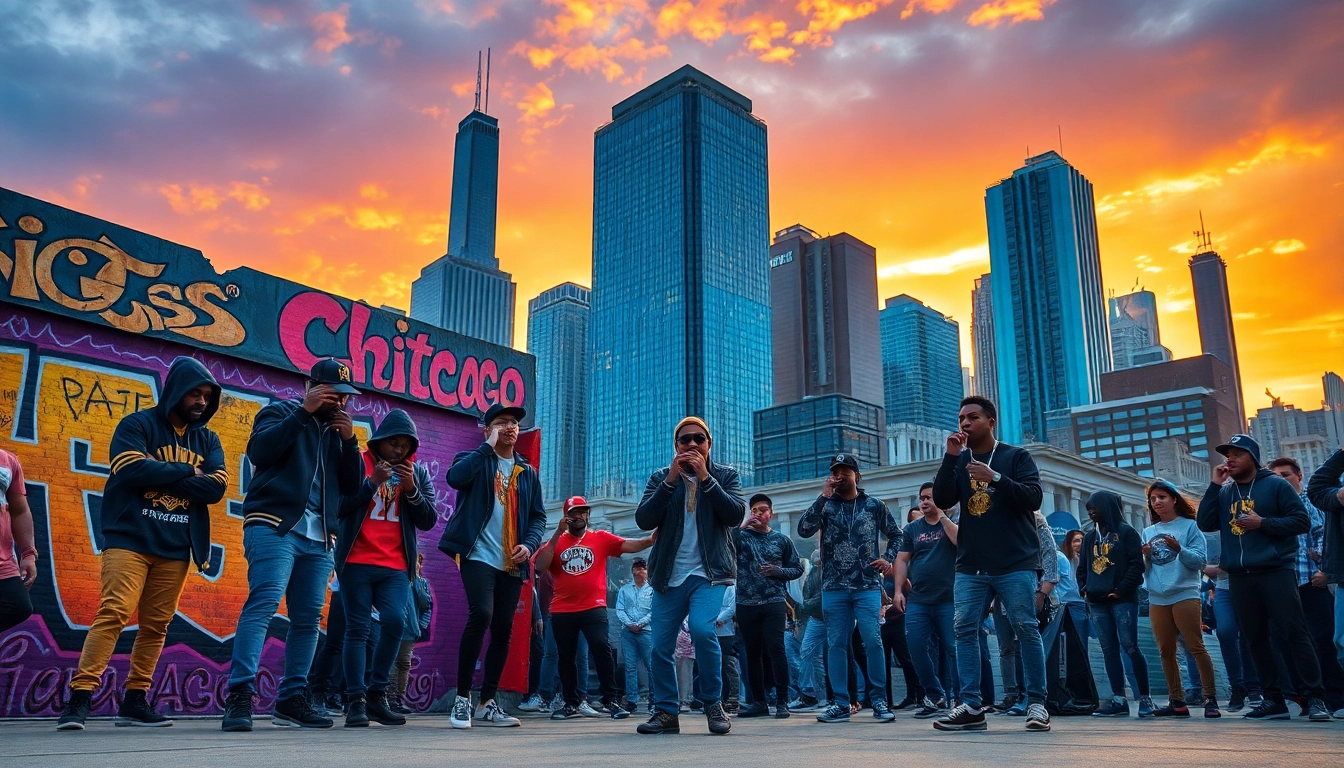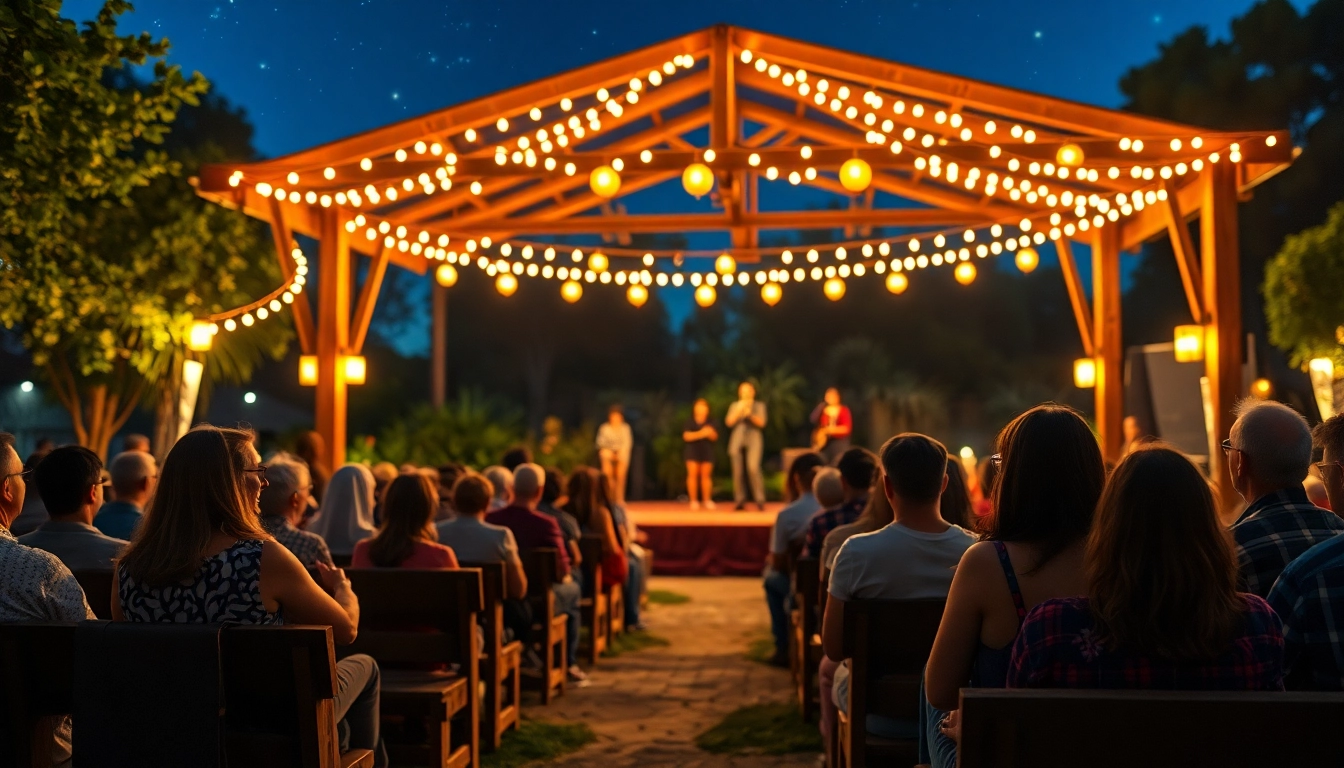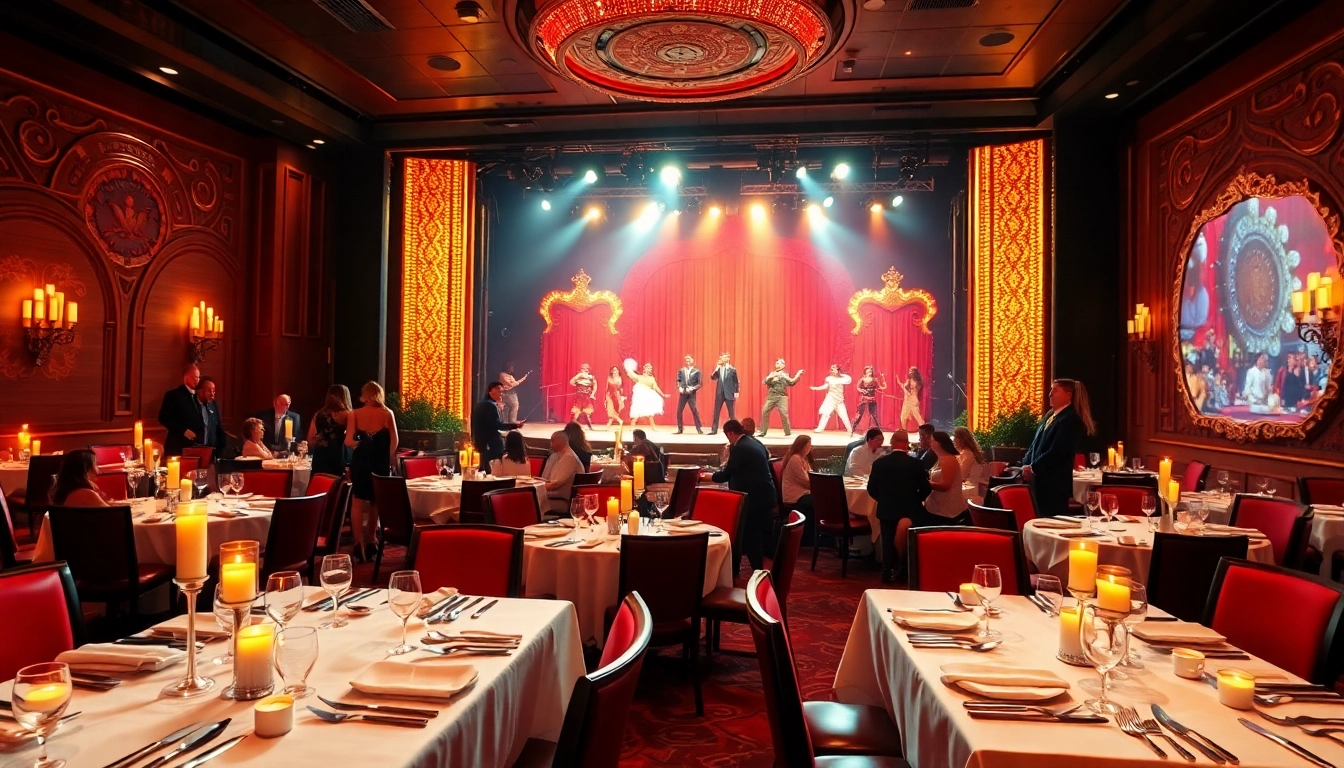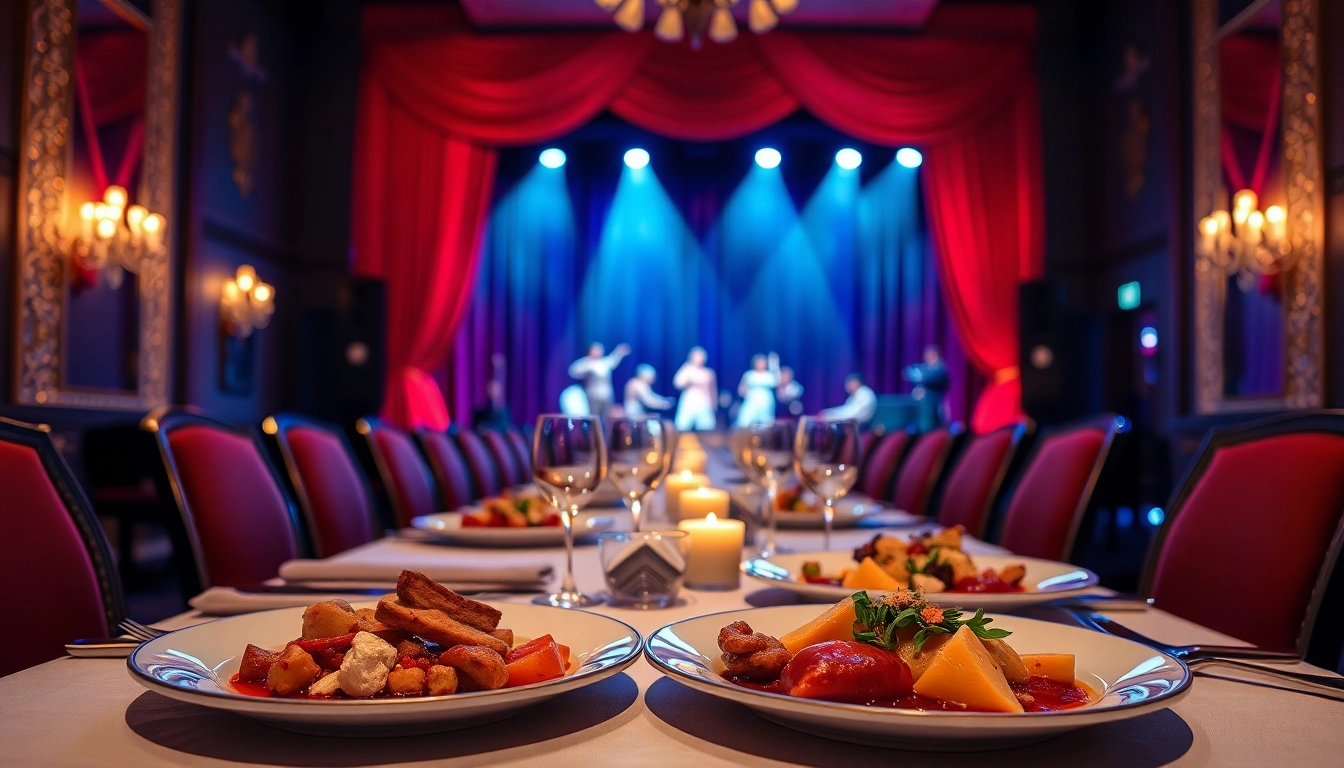Introduction to Chicago Hip-Hop Artists
The vibrant and complex world of Chicago hip-hop artists is a testament to the city’s rich cultural tapestry and its deep-rooted musical heritage. Chicago, often recognized for its blues and jazz, has emerged as a significant player in the hip-hop scene, cultivating a unique sound infused with local struggles, identities, and stories. The following sections will explore the origins and evolution of hip-hop in Chicago, highlight notable artists, and analyze the profound cultural impact this genre has in the Windy City and beyond.
The Origins of Chicago Hip-Hop
Chicago hip-hop has origins that penetrate deep into the socio-economic and cultural environment of the city. The genre’s roots can be traced back to the 1970s and 1980s when the sound of funk and disco ruled the music scene. Meanwhile, block parties and park jams began to emerge, where DJs would spin records and MCs would take to the microphone. This grassroots form of expression laid the groundwork for a burgeoning hip-hop community.
One of the earliest figures in the Chicago hip-hop scene was DJ Frankie Knuckles, whose work in the late 1980s helped to establish the city’s house music sound, which indirectly influenced hip-hop artists. As the genre evolved in the 1990s, it was the contributions of artists like Common and Twista that began putting Chicago on the map as a hub for innovative rap music.
Key Influences and Styles within the Genre
Chicago hip-hop has undergone various transformations, pulling influence from different musical styles and cultural movements. The city’s diverse neighborhoods have all contributed to the unique flavors found within Chicago’s hip-hop landscape. For instance, the use of jazz samples, often reflecting the city’s musical history, contrasts sharply with the gritty sounds of the drill movement that emerged in the early 2010s.
Moreover, the growth of the internet and platforms like SoundCloud has enabled local artists to gain recognition without the traditional barriers of major music labels. Collaborations have flourished, and genres like drill, gospel rap, and conscious hip-hop coexist, reflecting a community that is ever-evolving and dynamic.
Overview of Major Milestones in Chicago Rap History
Several milestones punctuate the history of Chicago hip-hop: the release of Common’s profound album “Like Water for Chocolate” in 2000 which showcased the city’s storytelling prowess; the breakout success of Kanye West in the early 2000s who seamlessly blended hip-hop with different genres; and the rise of Chief Keef and the drill movement, which not only influenced the local scene but also caught the attention of national and international audiences.
Furthermore, recent years have shown the emergence of a new wave of artists like Chance the Rapper, who has changed the conversation around independent music and brought attention to social issues through his lyrics. These milestones reflect Chicago’s ongoing influence and the genre’s capacity for depth and variety.
Notable Chicago Hip-Hop Artists You Should Know
Legends of the 90s: Common and Twista
Common, also known as Lonnie Rashid Lynn, is regarded as one of the pioneers of intelligent and conscious rap, often intertwining social awareness within his lyrics. Albums such as “Resurrection” and “One Day It’ll All Make Sense” highlight his poetic prowess and dedication to uplifting the community.
Similarly, Twista, known for his rapid-fire delivery, played a critical role in shaping the Chicago sound during the 1990s. His album “Adrenaline Rush” helped to popularize his unique style, showcasing the rhythmic complexity and regional slang that define Chicago hip-hop.
Contemporary Icons: Juice WRLD and Polo G
Juice WRLD, who tragically passed away in 2019, left an indelible mark on the hip-hop landscape with his genre-blurring sound that fused elements of emo and rap. Hits like “Lucid Dreams” carried messages of heartbreak and introspection, resonating with youth globally and earning Juice a dedicated following.
Polo G represents the newer generation of Chicago artists who have found success through authenticity and vulnerability in their music. His album “Die a Legend” contains intricately woven narratives that reflect both personal struggles and broader societal issues, making him a voice for the new generation.
Rising Stars: Emerging Talents in the Scene
As the Chicago hip-hop scene continues to grow, an array of rising stars is making their mark. Artists like G Herbo and Lil Durk are rapidly gaining popularity, thanks to their engaging storytelling that captures the realities of life in Chicago. Emerging talents also include artists like Saba, who is recognized for his lyrical depth, and Noname, who blends spoken word with hip-hop, focusing on social issues and self-expression.
These artists represent a new wave, characterized by their grassroots approach, strong community ties, and the innovative use of digital platforms to reach audiences.
The Cultural Impact of Chicago Hip-Hop
Hip-Hop’s Role in Social Movements
Chicago hip-hop is deeply intertwined with social movements, often serving as a catalyst for change and a voice for marginalized communities. Many artists have utilized their platforms to address issues such as gun violence, racism, and poverty, reflecting the complex realities faced by residents.
The genre’s ability to communicate local struggles resonates with broader movements, making it an essential part of the dialogue surrounding socio-political issues. Through music videos, public performances, and charity efforts, many artists are actively involved in community-driven initiatives, advocating for reform and awareness.
Representation and Diversity in Chicago Music
The representation within Chicago hip-hop extends beyond just gender and race. The genre has become a melting pot of cultural influences, with artists drawing from various genres, including rock, R&B, and gospel. This diversity adds depth and richness to the music produced within the city, challenging stereotypes and broadening the audience’s understanding of hip-hop.
Female artists, in particular, are starting to claim their space in this male-dominated industry, with artists like Noname and Rico Nasty making significant waves and inspiring future generations.
Community Initiatives and Support for Artists
Exploring Different Styles within Chicago Hip-Hop
The Drill Movement: Origins and Key Figures
The launch of the drill movement in the early 2010s marked a significant turning point for Chicago hip-hop. Characterized by its dark beats, aggressive lyrics, and a focus on street life, drill music provided a raw and unfiltered look into the realities faced by many in Chicago. Key figures such as Chief Keef, Lil Durk, and G Herbo helped to propel this style into the mainstream, shaking the foundations of traditional hip-hop conventions and setting trends that influenced artists well beyond Chicago.
Despite its controversial nature, drill has served as an important platform for expression and has opened the door for discussions around the issues that artists navigate in their lives. The music is often closely tied to deeply personal narratives and community experiences, lending authenticity to the genre.
Gospel Influences in Chicago Rap
Chicago is also home to a unique subgenre of hip-hop that is heavily influenced by gospel music. Artists like Chance the Rapper and Vic Mensa incorporate gospel motifs, imbuing their music with uplifting themes and messages of hope. Chance, in particular, gained acclaim for his mixtape “Coloring Book,” which fused hip-hop with gospel and received a Grammy Award for Best Rap Album, showcasing the genre’s versatility and spiritual depth.
This blend not only reflects the artist’s backgrounds but also serves to foster a connection to the Chicago tradition of gospel music that has shaped countless aspects of American music.
Fusion Genres: Blending Hip-Hop with Other Styles
Chicago hip-hop is known for its innovative approach to genre blending. Many artists effortlessly mix elements of R&B, jazz, and rock into their music, creating unique sounds that stand apart in the landscape of contemporary hip-hop. This malleable nature has led to exciting collaborations and an ever-evolving sound.
Artists who dabble in fusion genres are not afraid to experiment with their musical boundaries. The resulting tracks reflect a diverse soundscape that appeals to a broad range of listeners and showcases Chicago’s role as an incubator for musical innovation.
The Future of Chicago Hip-Hop Artists
Upcoming Collaborations to Look Out For
The collaborative spirit in Chicago hip-hop remains strong, and many artists are joining forces to create impactful music. Upcoming collaborations between established stars and emerging talent promise to infuse the scene with fresh energy and innovative sounds. These partnerships often bring diverse influences together, providing a powerful platform for artists to showcase their unique voices while broadening their reach.
As collaborations continue to thrive, audiences can expect to see a blend of styles that reflect the city’s diversity, enriching the hip-hop genre as a whole.
Predictions for the Next Big Sounds from Chicago
Chicago’s hip-hop scene is constantly evolving, with new artists emerging and trends shifting. As we look to the future, predictions suggest an increase in emotional storytelling, further genre-blending, and the growth of independent artists leveraging digital platforms to forge their paths. This evolution will likely lead to an even richer tapestry of sounds that intertwine lyrical prowess with musical experimentation.
How Technology is Shaping the Future of the Scene
The digital age has revolutionized how hip-hop artists distribute their music and connect with their audiences. Social media platforms, streaming services, and innovative marketing strategies empower local Chicago artists to reach global audiences without relying on traditional labels and distribution channels. Next-gen artists will likely continue to harness these tools, using technology not just for their music but also to advocate for change and uplift their communities.
As technology evolves, it will undoubtedly shape the production process, marketing strategies, and overall sound of Chicago hip-hop, ensuring that the city continues to be at the forefront of hip-hop innovation for years to come.




